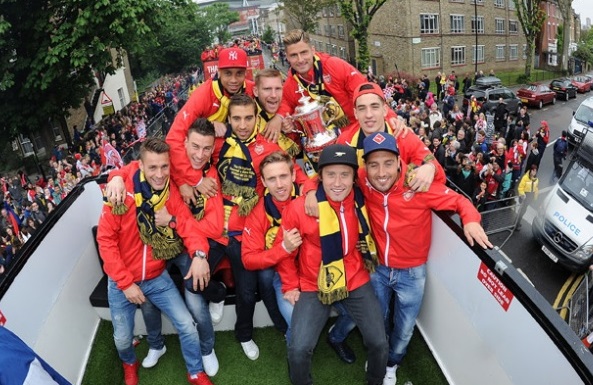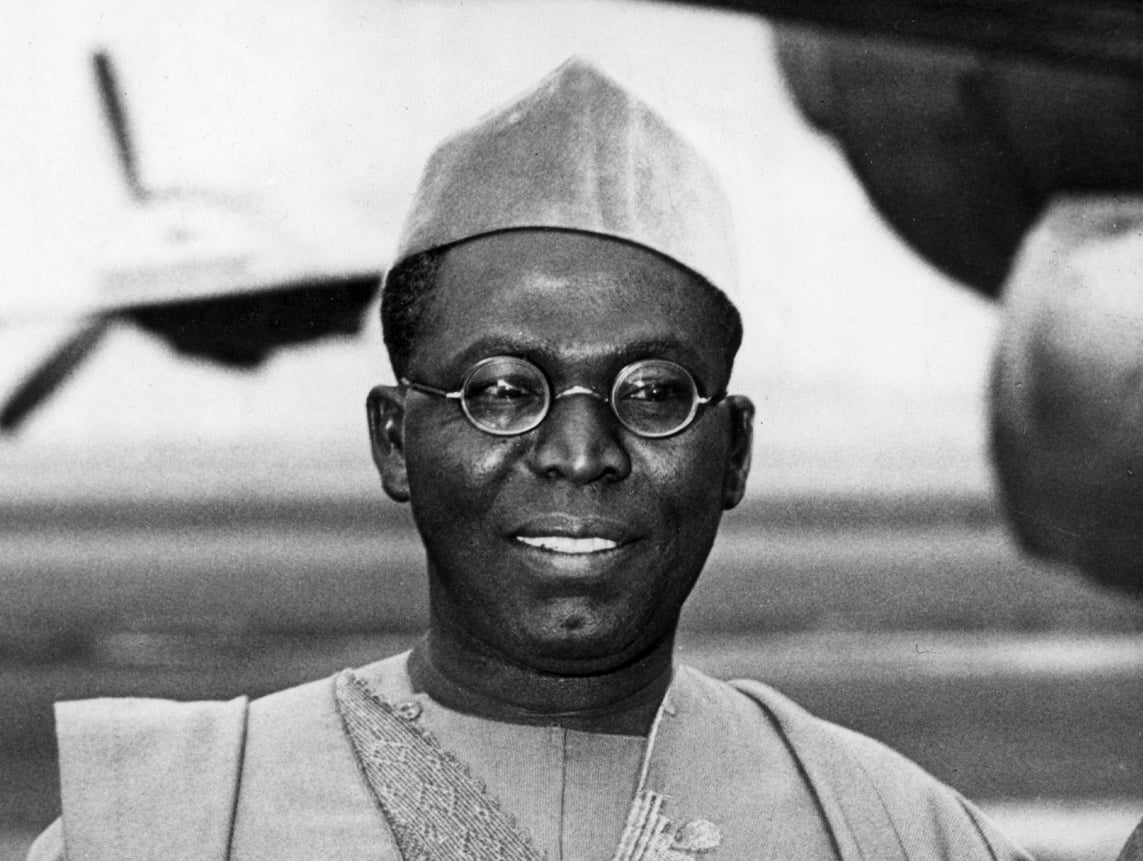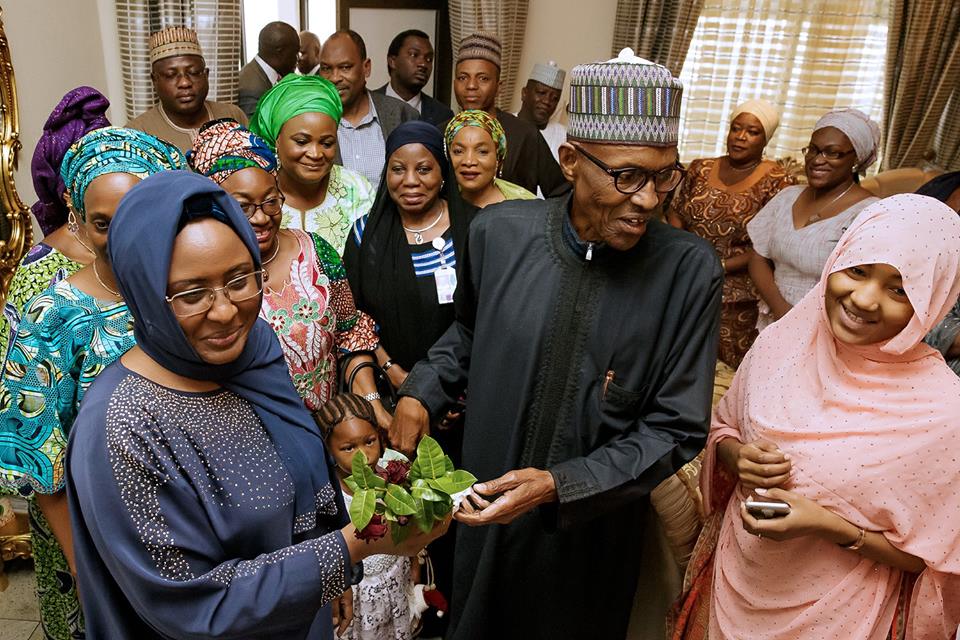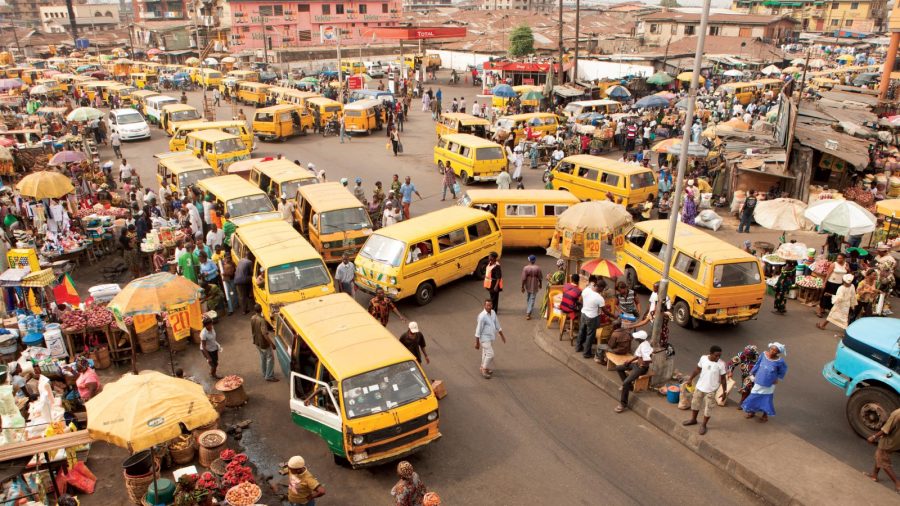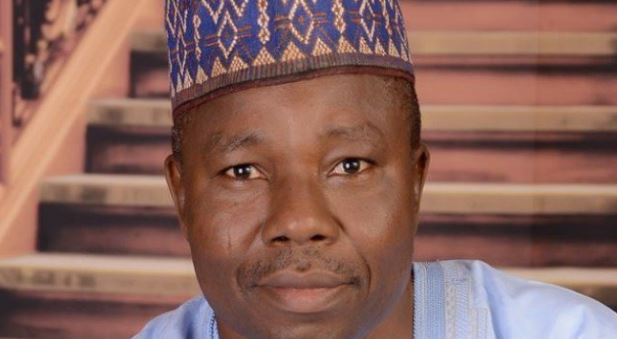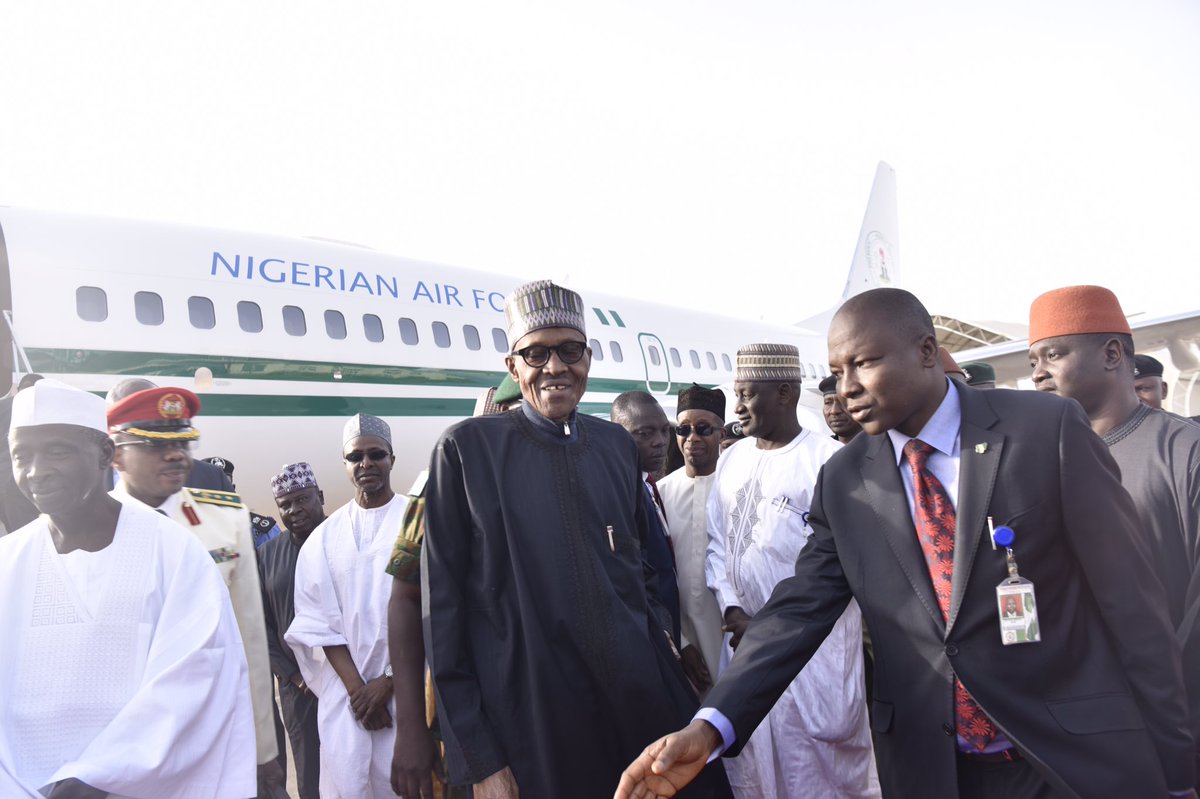BY KEN ADEJUMOH
A lot of energy is spent in talking about corruption and taking measures to combat same.
Every quarter advocates that corruption is our biggest nightmare but it’s important to understand that there are other sister nightmares that are standing against the onward progress of the nation in terms of the leadership system and the attitude of the masses. These particular issues stare us in the face on daily basis and we pay lip services to them.
Practically, corruption is tagged our major challenge because it has sank into the foundation of our systems. Corruption as a plague has taken its toll on us as it comes in diverse forms. The plague trends on daily basis because it has infiltrated all government institutions, private sectors, economic sectors and religious institutions alike.
Advertisement
In Nigeria, each administration that comes into power has failed to perform their fundamental duties of delivering good governance that heralds the provision of basic social amenities to the public. Rather than performing and delivering on their electioneering promises, they are super busy amassing wealth (public funds) into their pockets, building empires at home and abroad and going on expensive vacations.
Amidst the efforts that have been deployed by past and present governments to combat the monster, the issue is not getting any better as new means of corrupt practices resurface into the system. I am forced to accept that we live in a failed state. How much longer do we have to fight corruption from one administration to the other?
I have come to terms that corruption is part of a system. Corruption is like a liquid that run through the veins of that system. Hence corruption for me is a culture and culture is simple the characteristics and knowledge of a particular group of people, cutting across religion, language, cuisine, social habits, arts and music. These characteristics that make up culture are all right morals. Perhaps the only reason corruption is not listed among the elements that make up culture in clear terms is because it is morally wrong and not acceptable in any society.
Advertisement
Prevalent in our system is political corruption, which is a persistent phenomenon in Nigeria. President Muhammadu Buhari once defined corruption as the greatest form of human right violation. Since the creation of modern public administration in the country, there have been cases of official misuse of funds and resources.
Corruption has eaten deep into our system that hardly will you find a Nigerian who is free from the practice. In our over 190 million population, I can bet that not up to 5% of the citizens can boast of not indulging in one or two acts of corruption. It is a daily routine in our system but that does not give room to legalise it or term it a holy and acceptable practice because it is a bad practice that we all must clamp down. This cannot be achieved in one day but we must consciously seek measures to deliberately work towards ameliorating the practice which is not peculiar to Nigeria alone.
While this has constantly posed as a threat to our economic and social stability, there are other issues that have eaten deep into our system thereby making us experience bad governance across the three tiers of government. On several occasions, these particular problems have threatened the existence of the entity called ‘Nigeria’. Our problem has also emanated from ethnicity and religious sentiments.
Part of the cause of our failed system can be linked to our multi-ethnicity and religious beliefs which has affected our unification as seemingly irreconcilable differences of priorities, visions and aspirations. Before the attainment of independence, Nigerian nationalist leaders from different regional, ethnic, and religious communities came together in a series of conferences and parliaments to discuss a common future and self-government. Then we could co-exist and chat a common course. But the case is seemingly different as we only co-exist in words and not in practice. We have become so drunk with self-centredness of religious and ethnic resentments that a Northern Nigerian Muslim nationalist leader declared Nigeria “the mistake of 1914”. In the same vein, a prominent Southern Nigerian Christian nationalist figure called Nigeria “a mere geographic expression.”
Advertisement
These resentments have made us to lose the brotherhood that once radiated among compatriots giving rise to nonchalant attitudes toward one another, public offices and resources. It has led to mismanagement of national resources, and misrule by multi-ethnic and multi-religious coalitions of successive governments since independence. These acts have impoverished the critical mass and denied them of basic social amenities.
The driving principle in contemporary Nigeria is the favouritism. The place of merit and credibility has been thrown into thin air. ‘He/she is my brother/sister; we are from the same community; we share the same faith (religion); she is my church member’. These are the common phrases we hear on daily basis. Well it is expedient that as long as we continue to ride on emotional connections which make us irrational in our thinking, we would continue to debate on the way forward. We need to go back to the status quo, we need to retrace our steps and bring about the Nigeria of our dream.
We cannot allow these to continue forever, the time is here for us to have a critical assessment of our system and ourselves. By critical assessment, I mean a real critical, truthful and self- assessment is an important step for us to take in order to heal the system and get result for the kind of Nigeria we dream of. If we don’t do this, we will continue from year to year, decade to decade and century ahead to discuss about these same problems. We must all collaborate to overcome all these issues and fix the system for us to reap the benefits of good governance and thereby bequeath these right values to the next generations.
Ken Adejumoh can be reached via [email protected]
Advertisement
Views expressed by contributors are strictly personal and not of TheCable.
Add a comment

